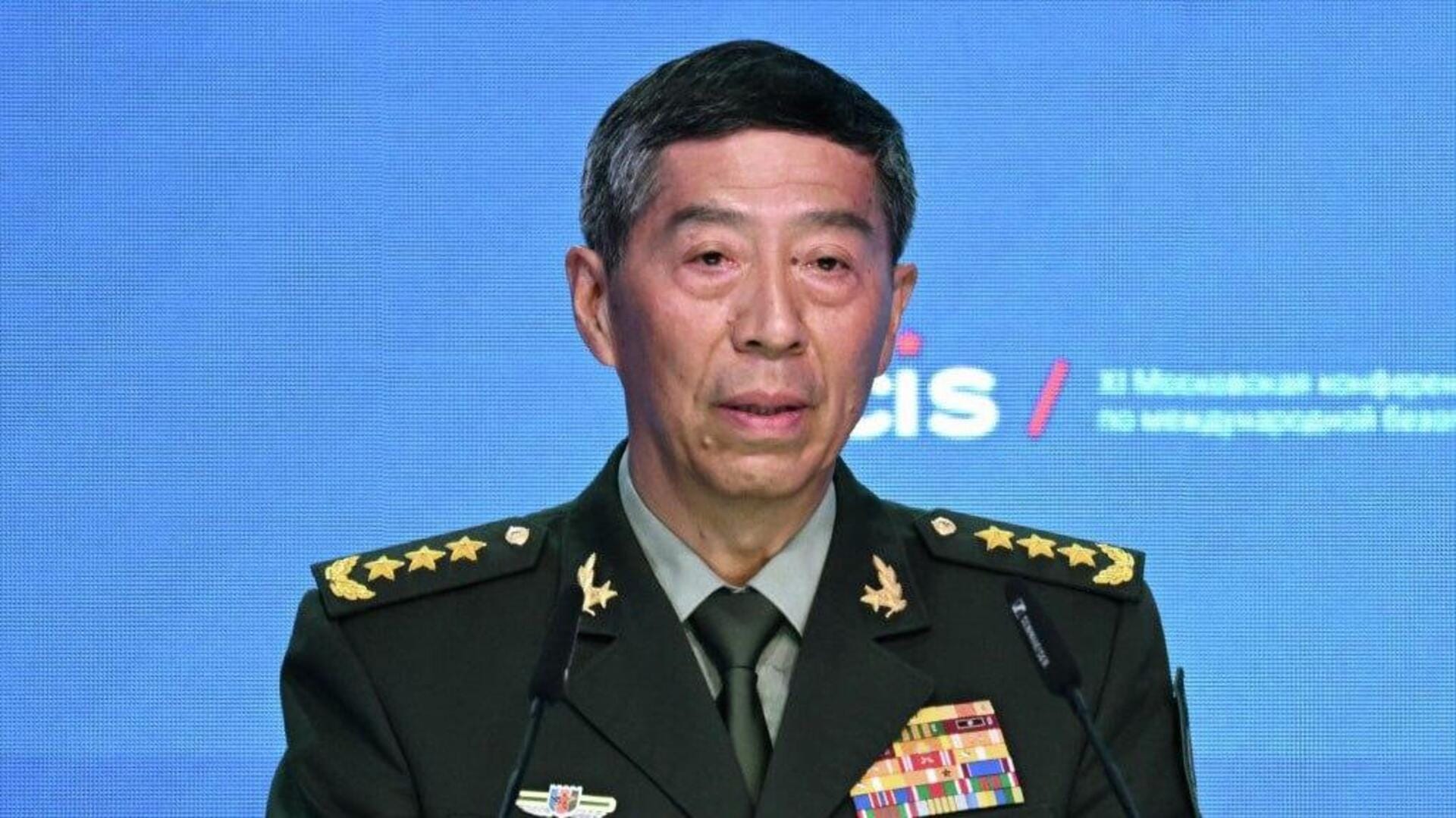This Tuesday, the abrupt removal of Li Shangfu, China’s defense minister, has brought a close to the distinguished four-decade career of an individual at the forefront of China’s ambitious space endeavors. His dismissal, as reported by Xinhua, China’s state news agency, comes following an extended absence from the public eye exceeding two months and US sanctions attributed to his oversight of weapon procurements from Russia.
Born in Sichuan in 1958 but hailing from Jiangxi province, Li’s lineage boasted military prestige. His father, Li Shaozhu, was a decorated Red Army veteran celebrated for reconstructing logistical railways during the Civil and Korean Wars. Li Shangfu’s early commitment to the People’s Liberation Army (PLA) was evident when he joined the National University of Defence Technology in 1978. Shortly after obtaining his degree in 1982, he became a technician at the Xichang Satellite Launch Centre.
Climbing the ranks, Li assumed the directorship of the center by 2003. Under his guidance, the center became emblematic of China’s space excellence. Li played a pivotal role in seminal projects, including the launch of Chang’e 1, China’s first uncrewed spacecraft to orbit the moon, in 2007. His decade at the center’s helm witnessed myriad rocket launches, such as the Chang’e 2 lunar probe in 2010.
A Shift to Military Leadership
Although his aspirations were to witness a hundred more rocket launches, destiny had other plans, as revealed in a 2010 CCTV interview. In 2013, Li was handpicked by the military’s elite, being named chief of staff of the PLA General Armaments Department (GAD), the foremost authority on military weapons design and procurement.
This trajectory took another turn during President Xi Jinping’s military restructuring. While GAD transitioned into the Equipment Development Department (EDD) of the Central Military Commission, Li was propelled to the Strategic Support Force’s deputy commander post, focusing on the PLA’s modernization. By 2017, Li had spearheaded the CMC’s equipment department until his US sanction in 2018 over the alleged procurement of weapons from Russia.
While military commitments burgeoned, Li’s passion for space exploration remained unwavering. Key accomplishments include his involvement in China’s Chang’e 4 lunar spacecraft’s development, marking the maiden exploration of the moon’s dark side in January 2019. He also commanded the Shenzhou-12 crewed space mission, sending astronauts to China’s Tiangong space station in 2021.
In addition to being the PLA’s public face since March, Li’s military diplomacy was evident in his outreach. Despite global tensions, he strengthened military relations with Russia, visited India, marking the first visit by a Chinese defense minister post the contentious Galwan Valley clash, and actively participated in the Shanghai Cooperation Organisation meeting.
The Sudden Ousting
Li’s last public appearance was in late August during a China-Africa security forum in Beijing. However, his departure ahead of an imminent Pentagon delegation visit to Beijing for a regional security conference has stirred speculation on the future of China-US relations.

